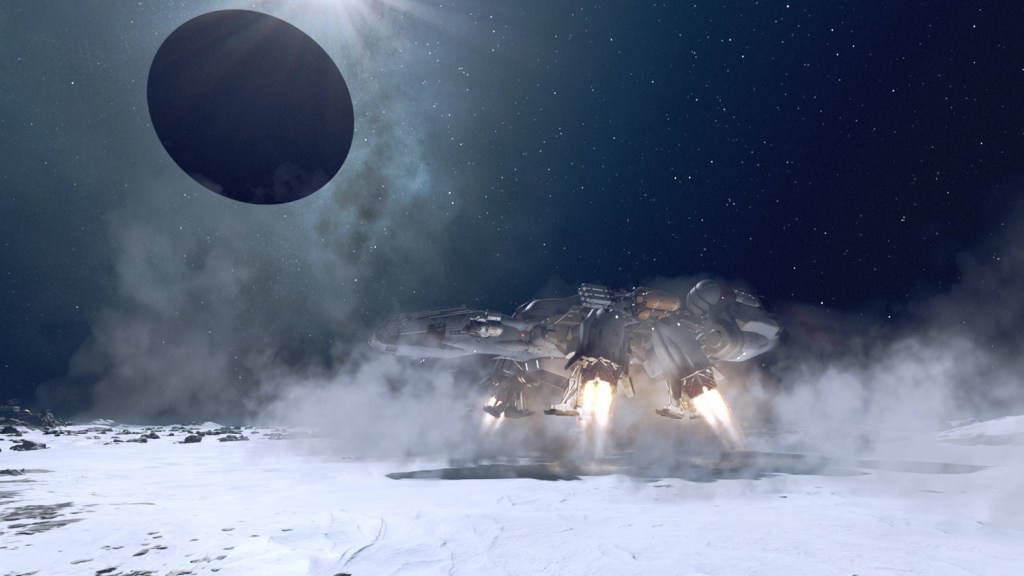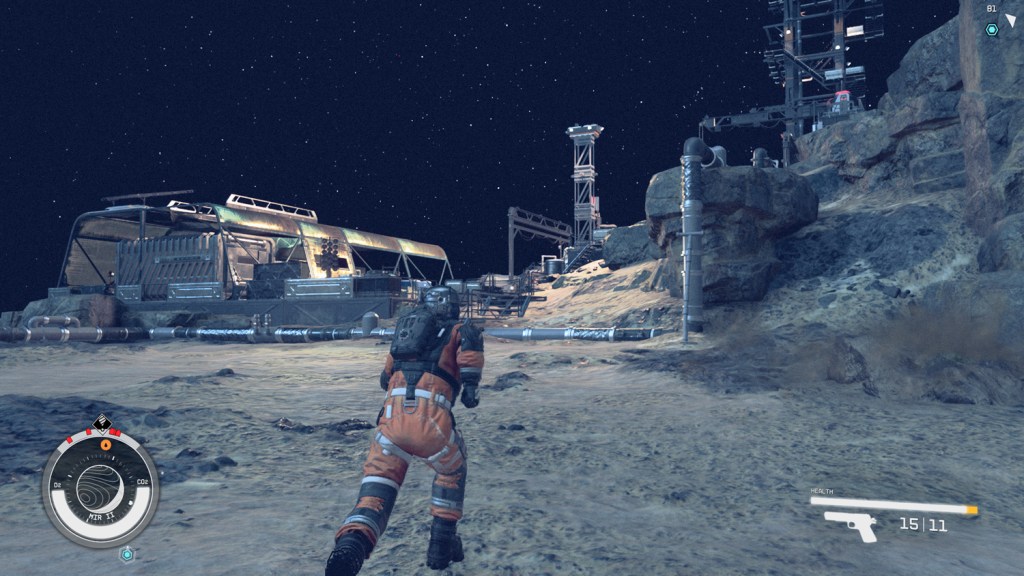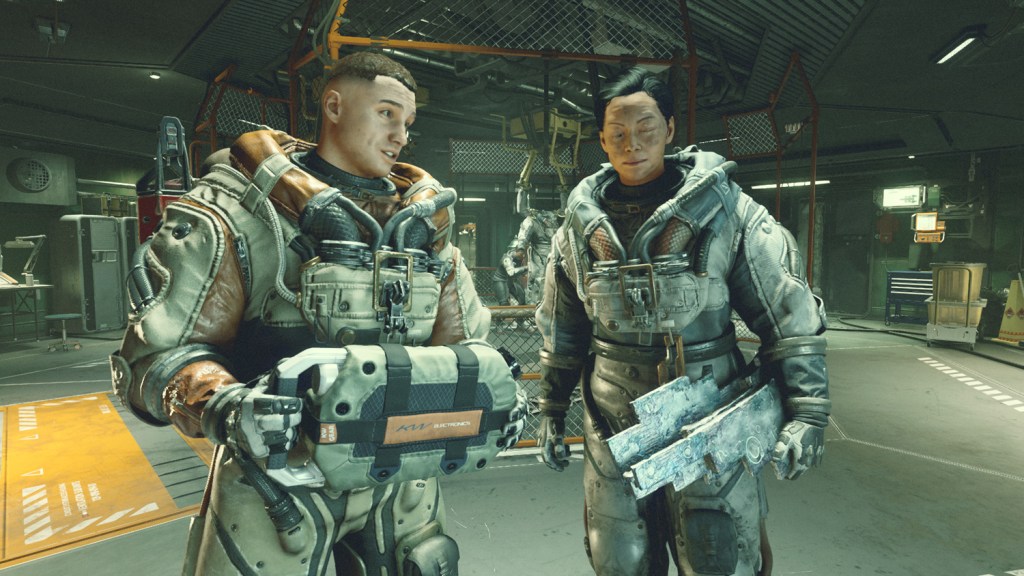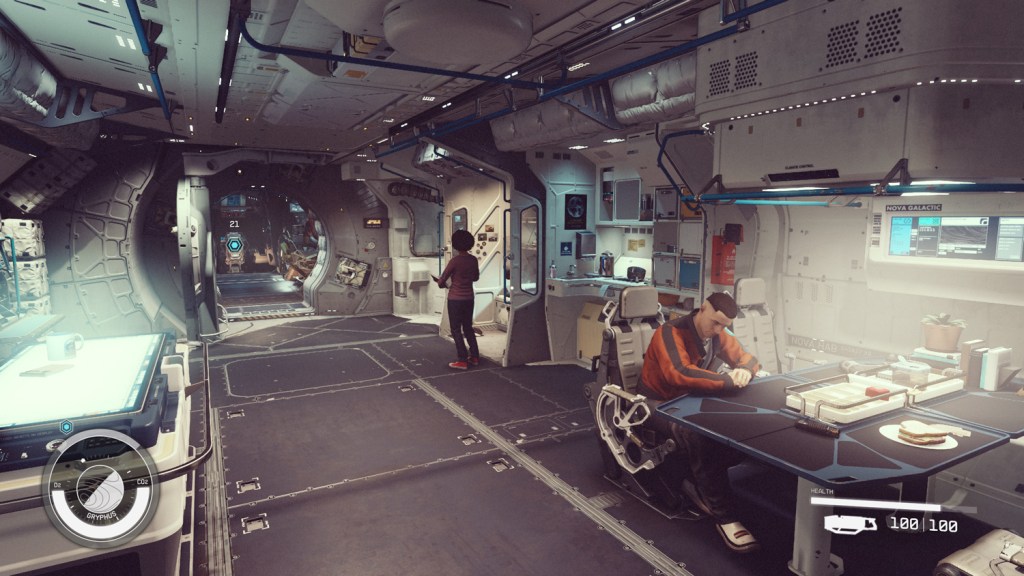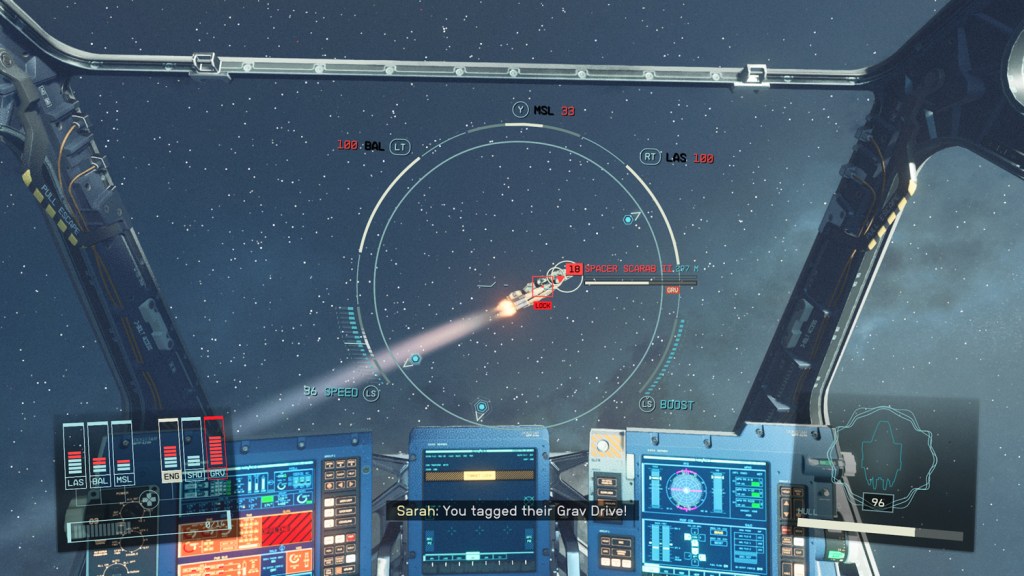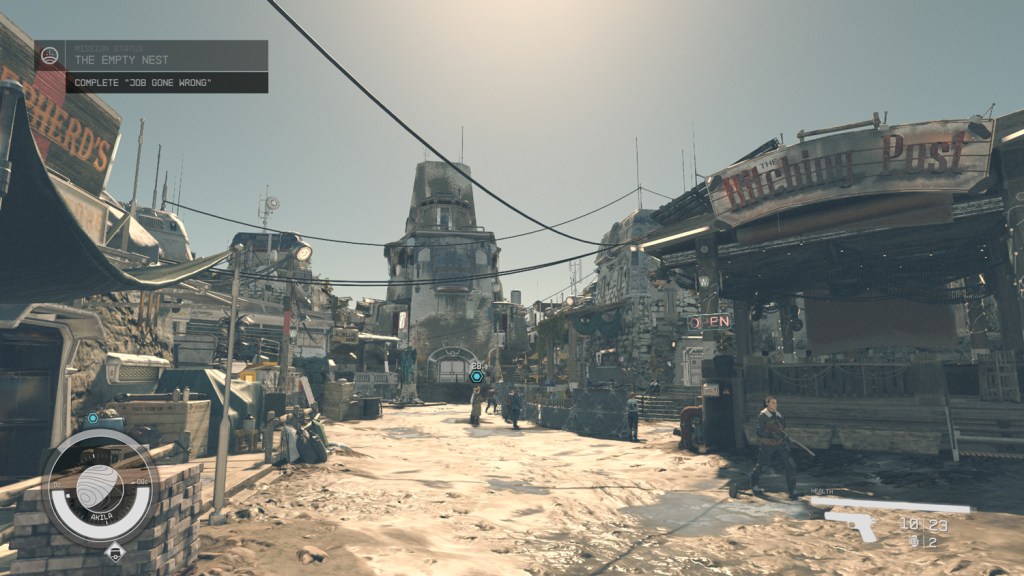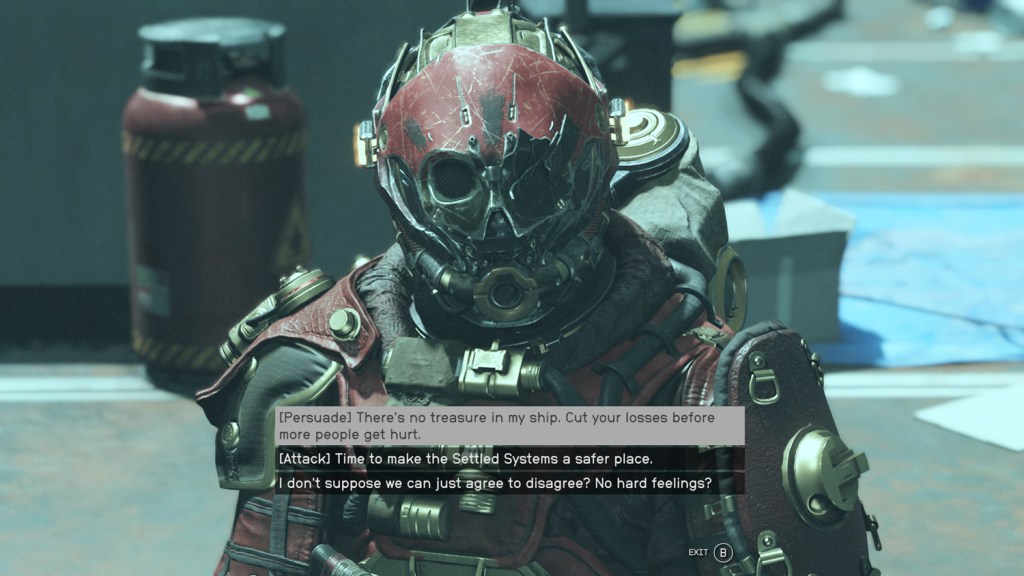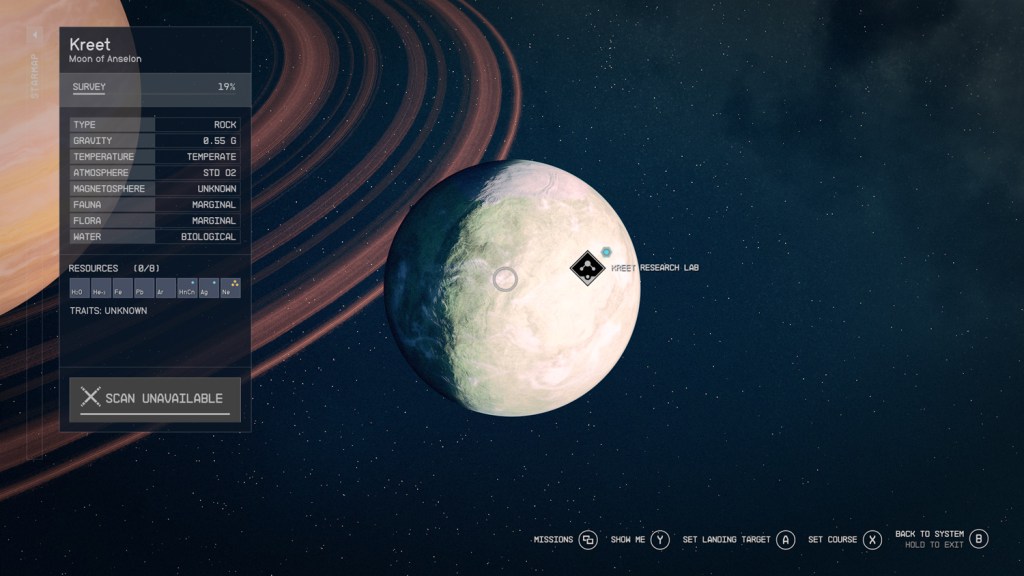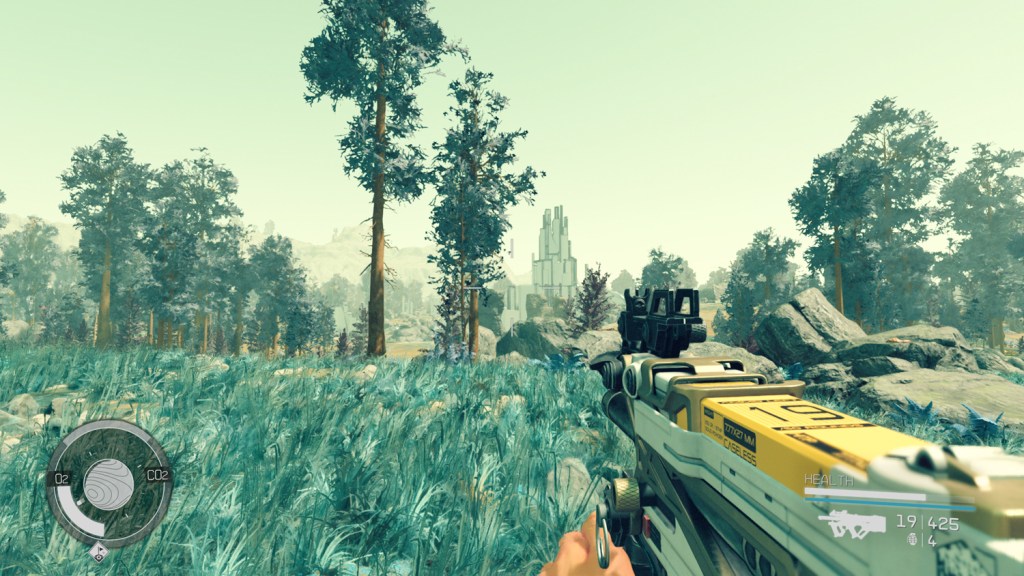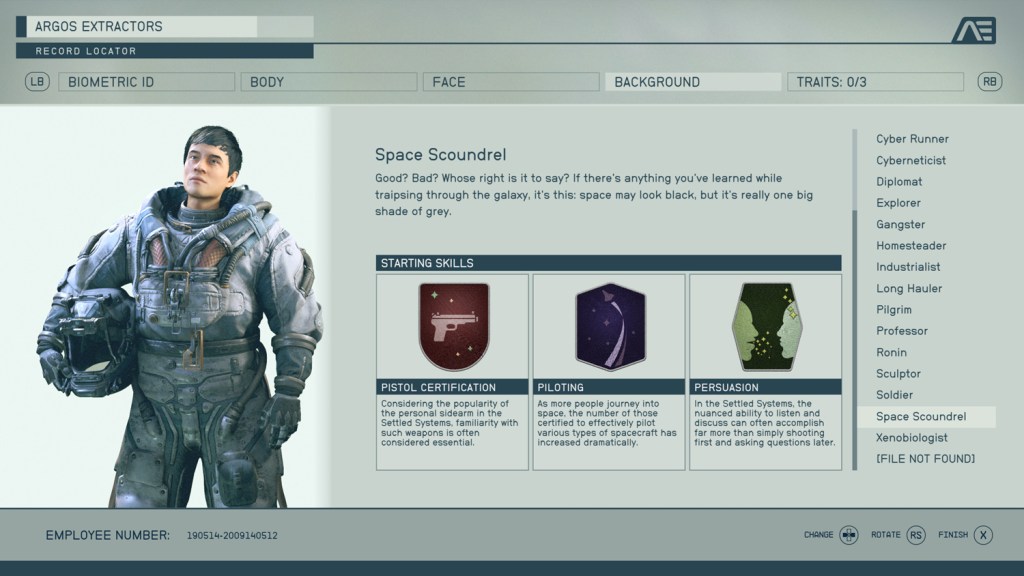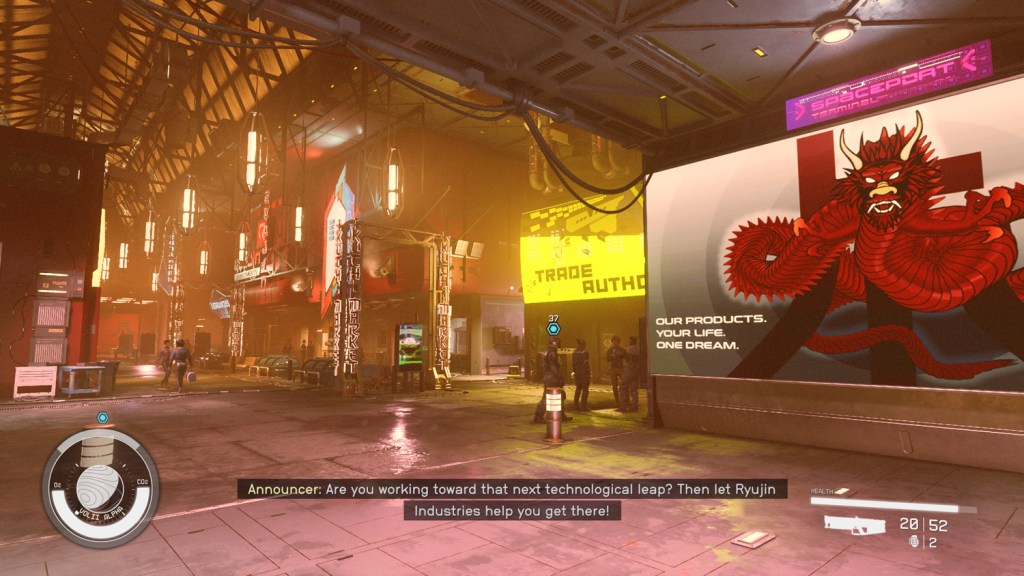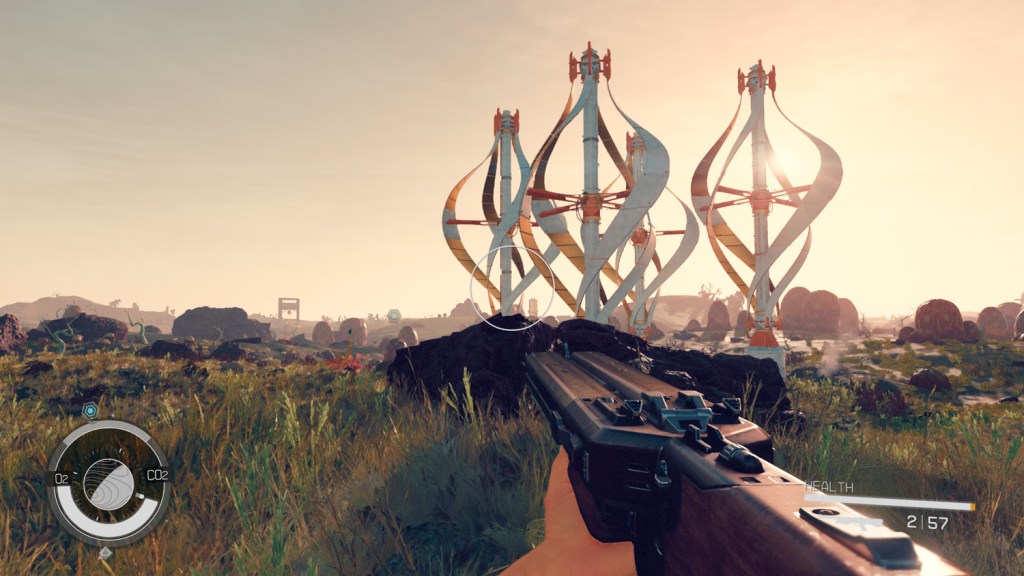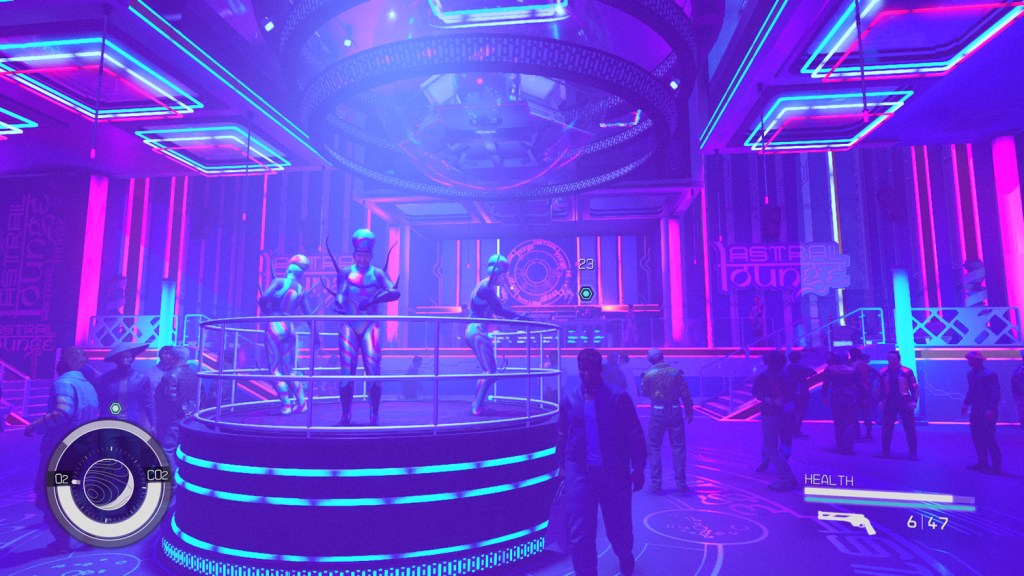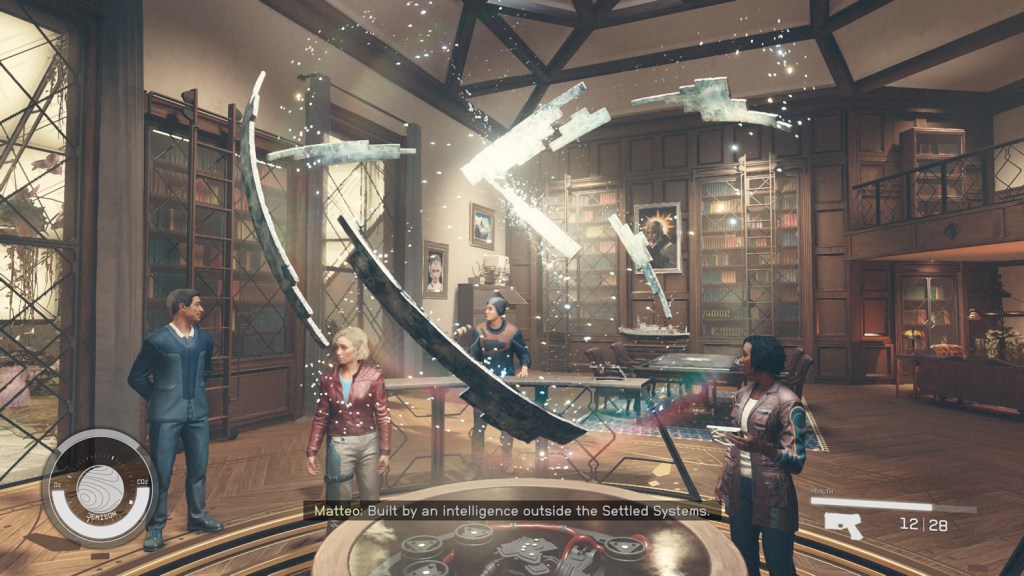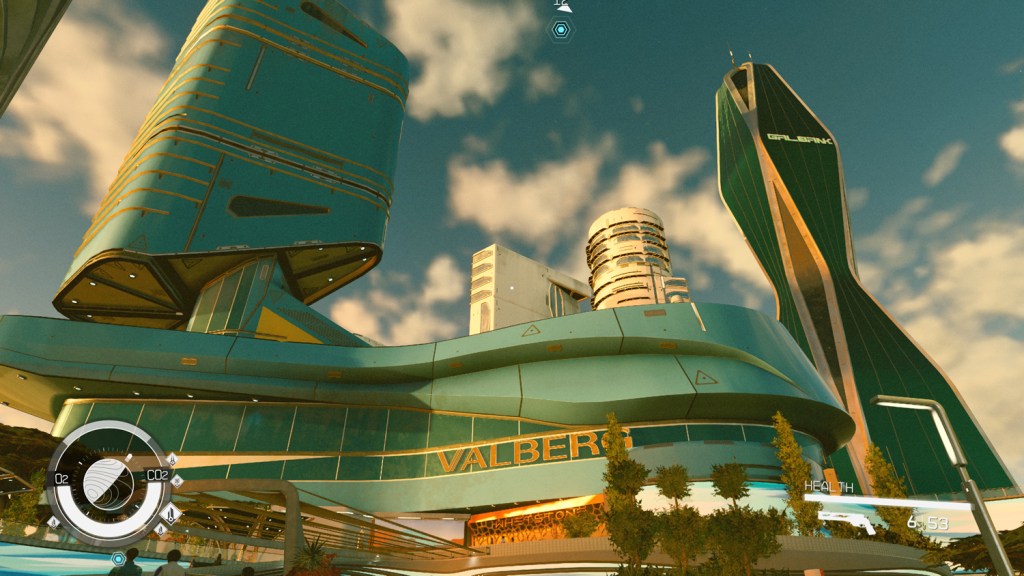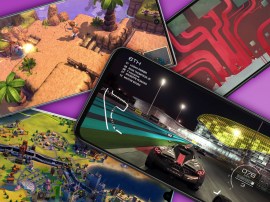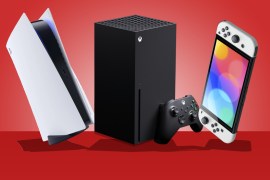Starfield review: seeing stars
Long-awaited space RPG is galactic in scope, but far from groundbreaking
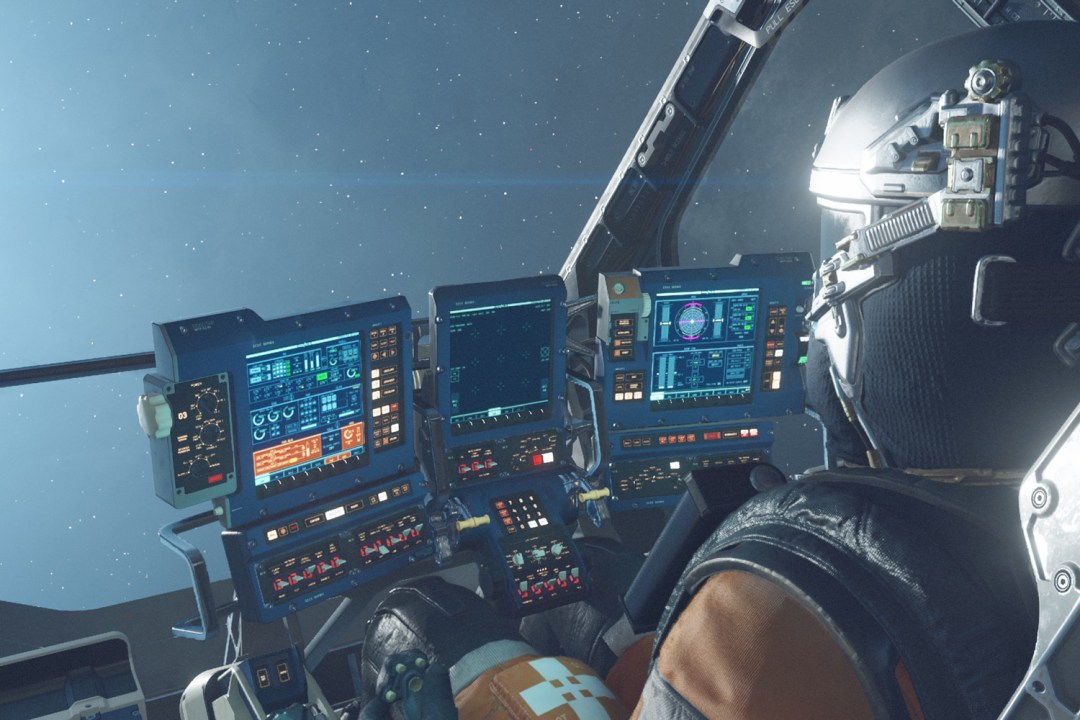
Stuff Verdict
Bethesda’s biggest and most refined game in scale that never quite lives up to its grand ambitions in space’s infinite possibilities.
Pros
- A galaxy of activities to do
- Refined gunplay (for Bethesda RPGs)
- Fun spaceship battles
Cons
- Boring main quest
- Fragmented space travel
- Awful maps
After a long drought of big-hitting Xbox console exclusives, Starfield has finally entered the atmosphere. With such prolonged development, including a near year-long delay, there’s been much fascination with how the publisher’s first new IP in almost three decades could be a game changer. Would this be a sci-fi RPG to rival the beloved Mass Effect series? Or go beyond space sims like No Man’s Sky?
It’s certainly the largest scale game the studio has ever done, with not just one world but a whole galaxy to explore. How does that ambition hold up to actually playing it, though? After all, even Bethesda’s very own Todd Howard once summed Starfield up as ‘Skyrim in space’. For better and worse, that’s exactly what it is.
One Giant Leap?
While Bethesda’s previous titles opened with dragons and nuclear war, Starfield’s introduction couldn’t be more boring. Set 300 years into a future where humanity has colonised other worlds, you’re a miner working on a remote planet. Things turn up a notch as you discover a mysterious buried artifact that grants mysterious visions of being one with the cosmos; this quickly brings you to the attention of Constellation, an organisation of explorers searching for the secrets of the universe.
It’s in other words a fairly typical find-the-mcguffin quest dressed in the grandeur of space – albeit a particularly beige and grey version of it. The 360-era throwback colour scheme isn’t helped by the grainy film filter applied by default, but the biggest illusion breaker is just how fragmented exploring Starfield’s universe is. Perhaps we’ve been spoiled by seamless open worlds recently, but loading screens when opening doorways to new areas feels jarring.
This extends to space travel itself. Go into a menu, select a star system or planet, watch a cutscene, sit through a loading screen – and then you end up at your destination. We get it, space is massive, so this is clearly down to expedience. Once you’ve explored a location it’s convenient to fast-travel without even returning to your ship, but when a seven year-old game like No Man’s Sky can let you seamlessly fly and land on its infinite planets where you please, it’s hard not to feel deflated by Starfield’s limitations in space exploration.
Worse still, most of these planets and moons are so lifeless with little of interest (unless you want to mine resources), accompanied by the most awfully unhelpful maps ever designed. This is likely to obfuscate the scale of these planets’ procedurally generated environments, but it makes no sense why there aren’t proper maps for hand-crafted locations, especially if you’re in a town and want to find the nearest shop to stock up on supplies.
Stars in your eyes
Fortunately Starfield does excel in its deep role-playing systems, even if they merely iterate on previous RPGs. XP and level ups earned from completing quests, making discoveries or defeating enemies award skill points to use on a huge skill tree spread across five categories: physical, social, combat, science, and tech. More advanced skills only unlock by putting points into the first tier, and upgrading individual skills require completing mini challenges, which incentivises your playstyle. In other words, if you focus on pickpocketing or wielding pistols, you’ll make them even more effective over time.
You have plenty of freedom to change your character’s skills, regardless of their starting background. This influences character traits, which add some interesting benefits and trade-offs, such as being an introvert who performs better as a lone wolf but less effectively with companions. We recommend Kids Stuff, which gives you in-game parents to visit, and who have a habit of turning up in the story in endearing and hilarious ways.
Aside from the level scaling, which can make enemies into sponges that survive multiple headshots, Starfield has the most refined gunplay in a Bethesda game yet. It plays just like a typical FPS, where aiming down sights increases accuracy, although critical hits are still down to chance. It’s not in the same league as Call of Duty or Destiny, but it’s a long way from Fallout 4’s V.A.T.S. system.
Space travel might be disappointing, but Starfield does have fun ship battles. There’s a nice bit of points management here, letting you increase the damage output of your lasers by reducing your engine’s speed, or you strengthening shield defences at the expense of firepower. And if a fight gets overwhelming, you can always put points into the grav drive and make a getaway to another star system.
Space oddities
As pleasing as Starfield is to play, with a surprising lack of the usual Bethesda launch bugs, it still doesn’t manage to save the main quest from being thunderously dull. It boils down to going into a remote cave or facility, killing and looting everyone, finding an artifact, and returning to Constellation’s HQ. Then you move onto the next one. Uncovering temples that grant you special powers, like being able to temporarily slow down time, is sublime initially – but becomes absolutely tedious afterwards, with many offering little that feels of genuine use.
Our recommendation instead is to divert yourself from the main story path after the first few missions and just find your own fun. This is ultimately where Bethesda’s RPGs are at their best, where one overheard conversation can open up an opportunity taking you to somewhere new and literally lightyears away. You’ll get involved with corporate espionage, become a smuggler of illegal contraband, go undercover in the galaxy’s biggest criminal organisation, or become a galactic sheriff, possibly all in the same gaming session. It’s very easy to lose hours at a time to the vast universe’s little intimate stories, as you encounter characters with far more personality than the inoffensively bland cast of Constellation.
In other words, there’s tons of content to invest in that will please fans of Bethesdsa’s style of RPGs. But just as the limitations of space exploration show up early on, so too will the limits of the game’s vision of humanity’s future among the stars – even as it desperately wants to have its own transcendental narrative on par with 2001: A Space Odyssey. That isn’t to say that the main story doesn’t eventually get going after the midpoint, where the stakes suddenly have a renewed urgency and the artifact-hunting missions get more inventive.
Yet its conclusion, which strongly encourages restarting in new game plus, is a double-edged sword. It’ll give new meaning to everything you’ve experienced, while at the same time rendering everything meaningless. We’d rather not spoil these ambitions, only that while they sound inspired on paper, the execution leads us back to a dialogue choice where our character wonders whether this was all worth it.
Starfield verdict
Starfield is undoubtedly Bethesda’s largest scale game to date. Even more impressive is that it arrives in such a seemingly polished state, iterating on the developer’s RPG back catalogue for the better. Yet exploring its vast universe never feels like the ground-breaking, next-gen experience you expect.
It’s a game packed with a galaxy’s worth of content, which is also designed to be replayed, so makes perfect sense on Xbox Game Pass where content is king. But while you’ll find fun setpieces and quests, Starfield’s overarchingly cold and bland vision compared to the likes of Star Wars or Mass Effect means it fails to find its own place amongst the stars.
Stuff Says…
Bethesda’s biggest and most refined game in scale that never quite lives up to its grand ambitions in space’s infinite possibilities.
Pros
A galaxy of activities to do
Refined gunplay (for Bethesda RPGs)
Fun spaceship battles
Cons
Boring main quest
Fragmented space travel
Awful maps
